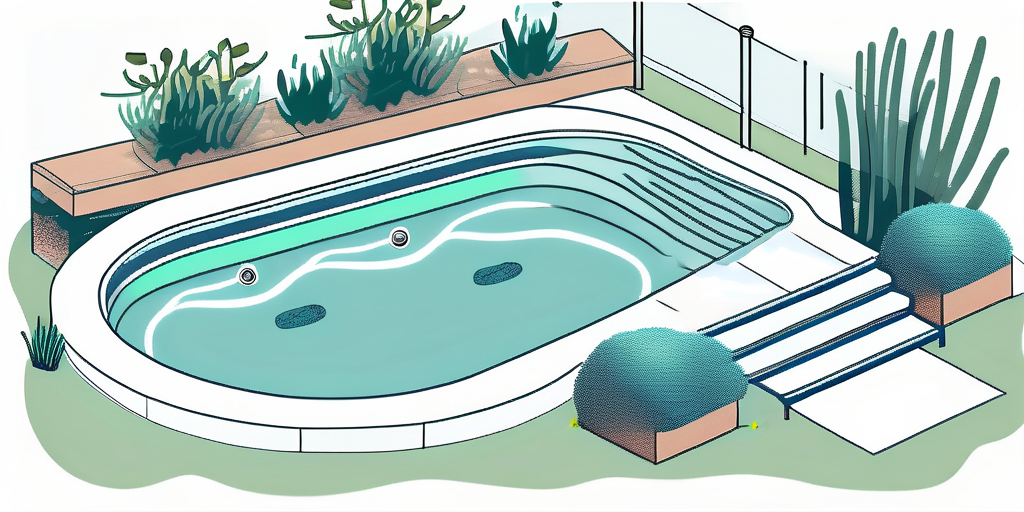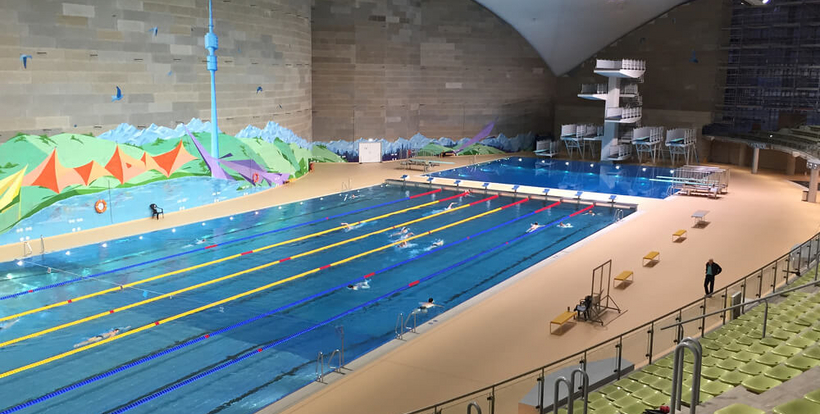The current situation with water rationing, limiting households to just 200 litres (or even 160 litres in certain areas) per person, is deeply concerning. It serves as a stark reminder of the urgent need to address our depleting water reserves. Communities are taking serious measures, including helicopter and drone surveillance to detect excessive water usage such as green gardens, as well as monitoring water meters and imposing penalties for exceeding allocations between readings. While these steps are commendable, they may not be enough, and they may have come too late. Many homes, particularly those with wells, continue to use water excessively for purposes like filling pools and watering gardens, exacerbating the strain on already depleted groundwater levels. In coastal areas, the situation is even more dire, with many wells testing positive for E.coli and becoming saline due to seawater intrusion, while inland wells are drying up completely. All this is even before the influx of tourism in many areas.
For those people not willing to give up their swimming pools, doing everything possible to save water as excessive water usage can often go unnoticed. Thankfully, some effective tips and techniques can help you save swimming pool water without compromising your enjoyment. In this article, we will explore the importance of water conservation in swimming pools and provide you with practical strategies to reduce water evaporation, implement maintenance practices, and make smart water usage choices. Whether you’re a pool owner or simply an enthusiast, this guide will empower you to take active steps towards preserving our water resources.

Understanding the Importance of Water Conservation in Swimming Pools
Before diving into the practical techniques, it’s essential to grasp why water conservation in swimming pools is significant. By doing so, you’ll have a better understanding of the environmental and financial impact that excessive water usage can have.Environmental Impact of Excessive Water Usage
The environmental impact of excessive pool water usage cannot be ignored. Pools that constantly require refilling due to evaporation or leaks contribute to the depletion of precious freshwater sources. This depletion can have far-reaching consequences, affecting not only the availability of water for human consumption but also the survival of aquatic ecosystems and the overall biodiversity of our planet. Moreover, the chemicals used for pool maintenance can find their way into surrounding ecosystems if not properly managed. These chemicals, such as chlorine and algaecides, can have detrimental effects on the delicate balance of aquatic life in rivers, lakes, and oceans. By conserving water in your pool, you play a vital role in minimizing the strain on finite water resources and protecting the environment.Cost Implications of Pool Water Wastage
Aside from the environmental consequences, excessive water wastage can also take a toll on your wallet. Continually refilling your pool leads to increased water bills (and or pumping bills), not to mention the cost of chemicals required to treat the water. These expenses can quickly add up, putting a strain on your household budget. However, by adopting water-saving practices, you can significantly reduce your overall expenses while still enjoying the benefits of having a pool. For example, installing a pool cover can help reduce evaporation, preventing the need for frequent refills. Additionally, regular maintenance and prompt repair of any leaks can save you from the costly consequences of water loss. Furthermore, implementing efficient filtration systems and using eco-friendly pool chemicals can not only reduce water consumption but also lower the amount of chemicals needed, resulting in long-term cost savings. By being mindful of your pool’s water usage, you can create a win-win situation for both the environment and your finances.Basic Techniques to Reduce Water Evaporation
Water evaporation is a common occurrence in swimming pools and one of the primary causes of water loss. However, there are simple techniques that you can implement to combat this issue and conserve water. When it comes to reducing water evaporation in swimming pools, using pool covers effectively is one of the most effective and efficient methods. These covers create a barrier that prevents water from escaping into the atmosphere. Not only do pool covers help conserve water, but they also have the added benefit of retaining heat or helping to keep the pool cool. By trapping the heat in the pool, pool covers can significantly reduce the need for energy-consuming pool heaters and coolers. Investing in a high-quality pool cover can make a significant difference in both water conservation and energy efficiency. In addition to using pool covers, regulating the pool temperature is another important factor in reducing water evaporation. Maintaining an optimal pool temperature is not only crucial for your comfort but also for minimizing water loss. Higher water temperatures lead to increased evaporation rates. By keeping the pool temperature at an appropriate level, you can minimize water loss and conserve this valuable resource. Regularly monitoring and adjusting the pool temperature can help you strike a balance between comfort and water conservation. This can be as simple as covering by day and opening at night. Another technique to consider is the use of windbreaks around your pool area. Wind can accelerate water evaporation by increasing the surface area exposed to air movement. By strategically placing windbreaks, such as fences or hedges, you can create a barrier that reduces the impact of wind on your pool. This simple addition can significantly minimise water evaporation and preserve the pool’s water level.Maintenance Practices for Water Conservation
Regular maintenance practices are essential for keeping your pool in optimal condition and promoting water conservation. By taking proactive steps, you can detect and address issues early on while avoiding unnecessary water wastage. One important aspect of regular pool maintenance is monitoring the water level. By regularly checking the water level in your pool, you can identify if there are any leaks or excessive evaporation. If you notice a significant drop in the water level, it could indicate a leak that needs to be addressed promptly. By fixing leaks promptly, you can prevent further water loss and ensure that your pool remains water-efficient.Regular Pool Checks and Repairs
Performing regular checks on your pool’s equipment and structure is essential for detecting leaks or any other problems that may lead to water wastage. By promptly addressing and repairing these issues, you can prevent unnecessary water loss, ensuring that your pool remains water-efficient. In addition to checking for leaks, it is important to inspect the pool’s plumbing system. Over time, pipes and fittings can deteriorate, leading to water leaks. By inspecting the plumbing system regularly, you can identify any potential issues and have them repaired before they cause significant water loss.Optimal Pool Filtering and Backwashing
Maintaining clean and clear pool water is not only visually appealing but also important for conservation. Regularly monitor and clean your pool’s filtration system to ensure its optimal functioning. A clogged or inefficient filter can lead to poor water circulation, which may result in the need for more frequent backwashing. When it comes to backwashing, it is crucial to practice efficient techniques to minimize water usage. Backwashing is the process of cleaning the filter by reversing the water flow, and flushing out any trapped debris. By following the manufacturer’s instructions and backwashing only when necessary, you can reduce water wastage while still maintaining proper filtration. Furthermore, consider using a pool cover when the pool is not in use. A pool cover helps to reduce evaporation, which can significantly contribute to water loss. By keeping the pool covered when it’s not being used, you can conserve water and reduce the need for frequent refilling. By implementing these maintenance practices, you can not only keep your pool in optimal condition but also contribute to water conservation efforts. Regular checks, repairs, and efficient filtering techniques will help ensure that your pool remains water-efficient, allowing you to enjoy it while minimizing water wastage.Smart Water Usage During Pool Use
While enjoying your pool, there are various practices you can adopt to reduce water wastage without compromising your fun. By being mindful of your actions, you can make a significant contribution to water conservation.

